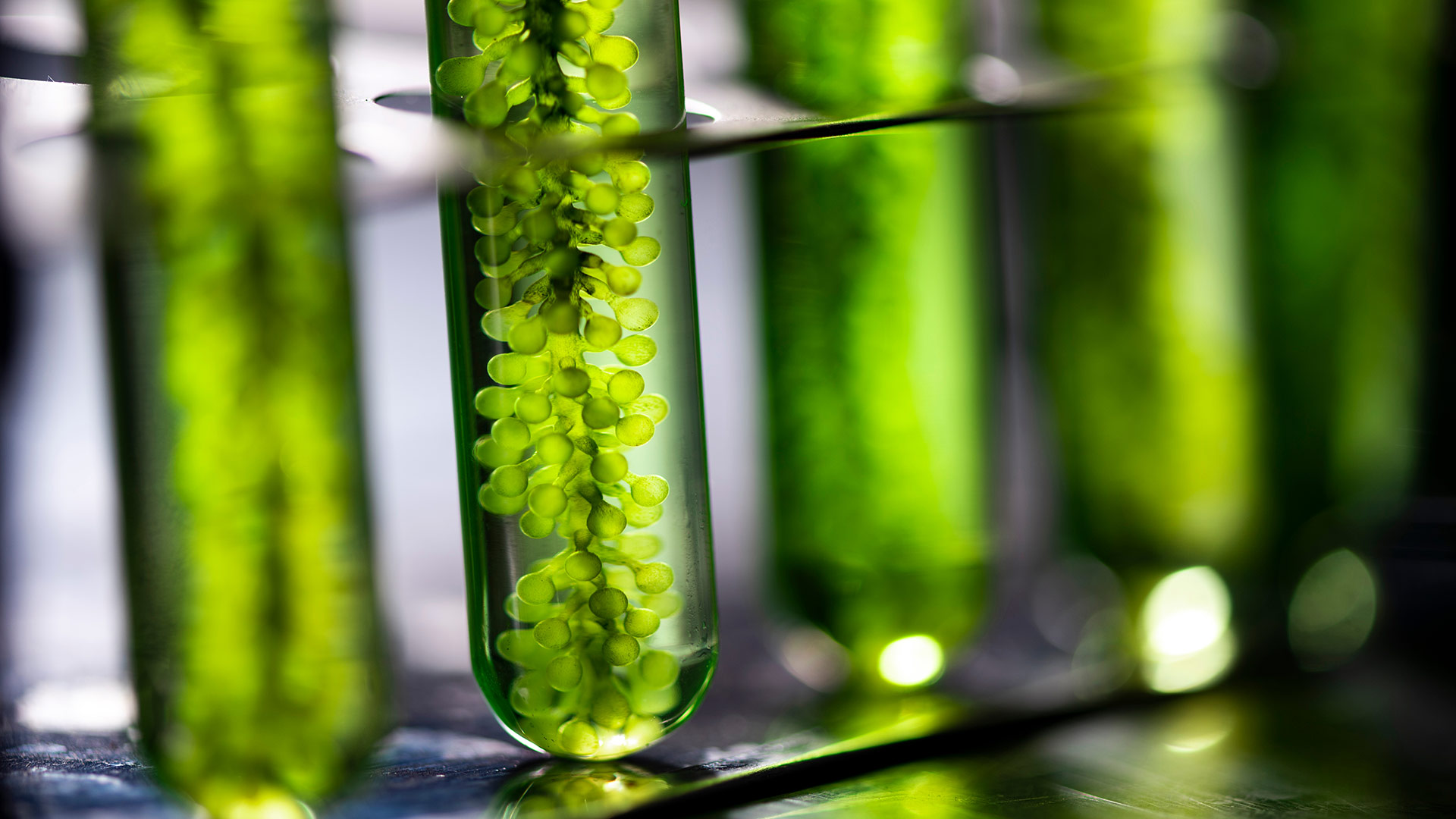Scientists in the UK have used algae to power a computer for a year using only light and water.

The University of Cambridge researchers say the system could be a reliable and renewable way to power small devices.
The system, which is the size of a standard AA battery, contains a type of algae called Synechocystis.
So how does it work? The algae naturally harvest energy from the sun through photosynthesis and this forms and electrical current that passes through an aluminium electrode, which is then used to power the computer.
Because it is made of common, inexpensive things – water and algae – the scientists say it can be replicated hundreds and thousands of times.
It could be used to power small devices in the Internet of Things (IoT) – when lots of devices are linked together so that they can collect and transmit data.
“The growing Internet of Things needs an increasing amount of power, and we think this will have to come from systems that can generate energy, rather than simply store it like batteries,” said Professor Christopher Howe from the University of Cambridge’s Department of Biochemistry.
He added: “Our photosynthetic device doesn’t run down the way a battery does because it’s continually using light as the energy source.”
In the experiment, the device was used to power an Arm Cortex M0+, which is a microprocessor often used in IoT devices. So far it has been powered for a year and hasn’t yet stopped!
Dr. Paolo Bombelli from the University of Cambridge said: “We were impressed by how consistently the system worked over a long period of time – we thought it might stop after a few weeks but it just kept going.”